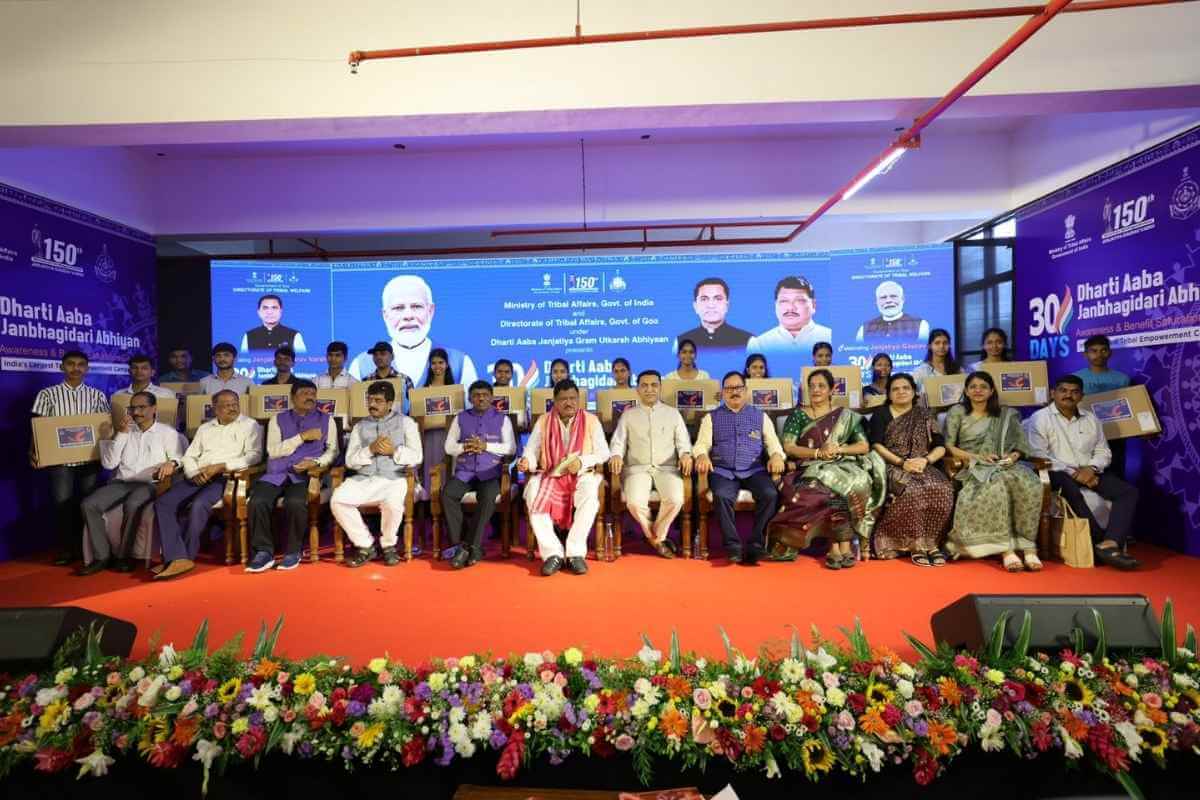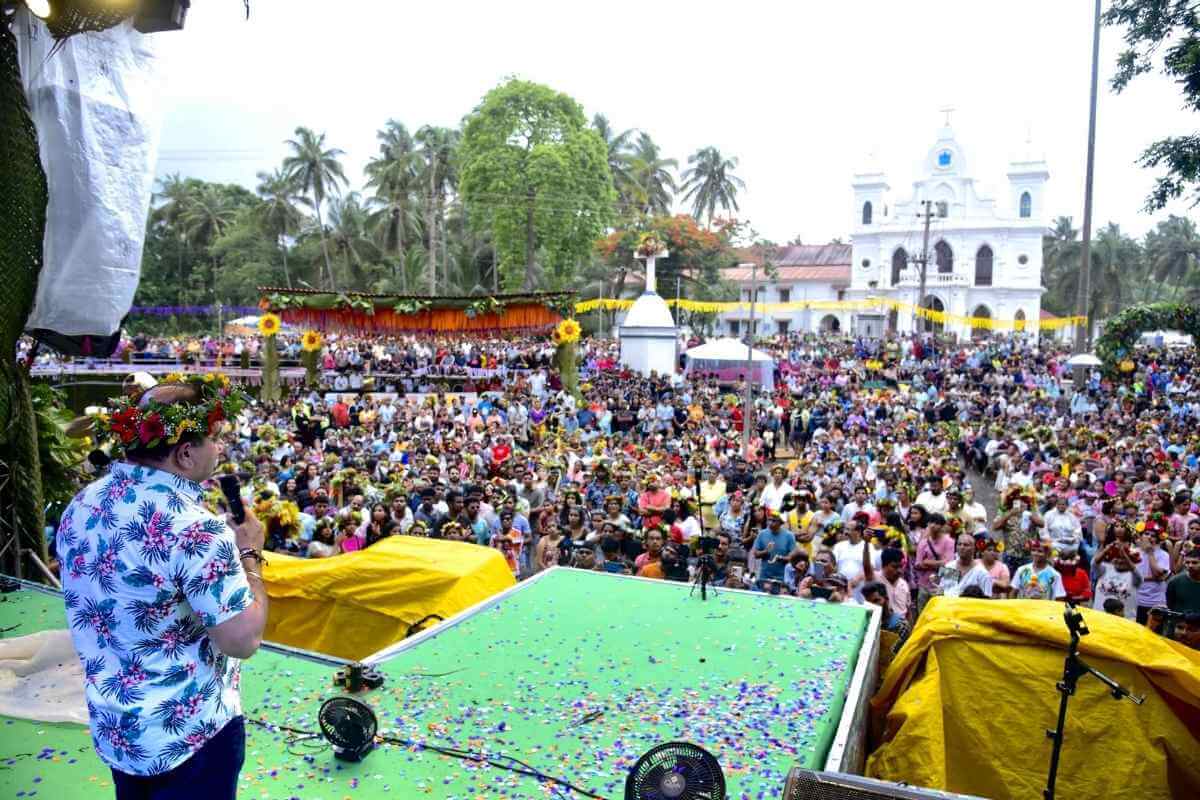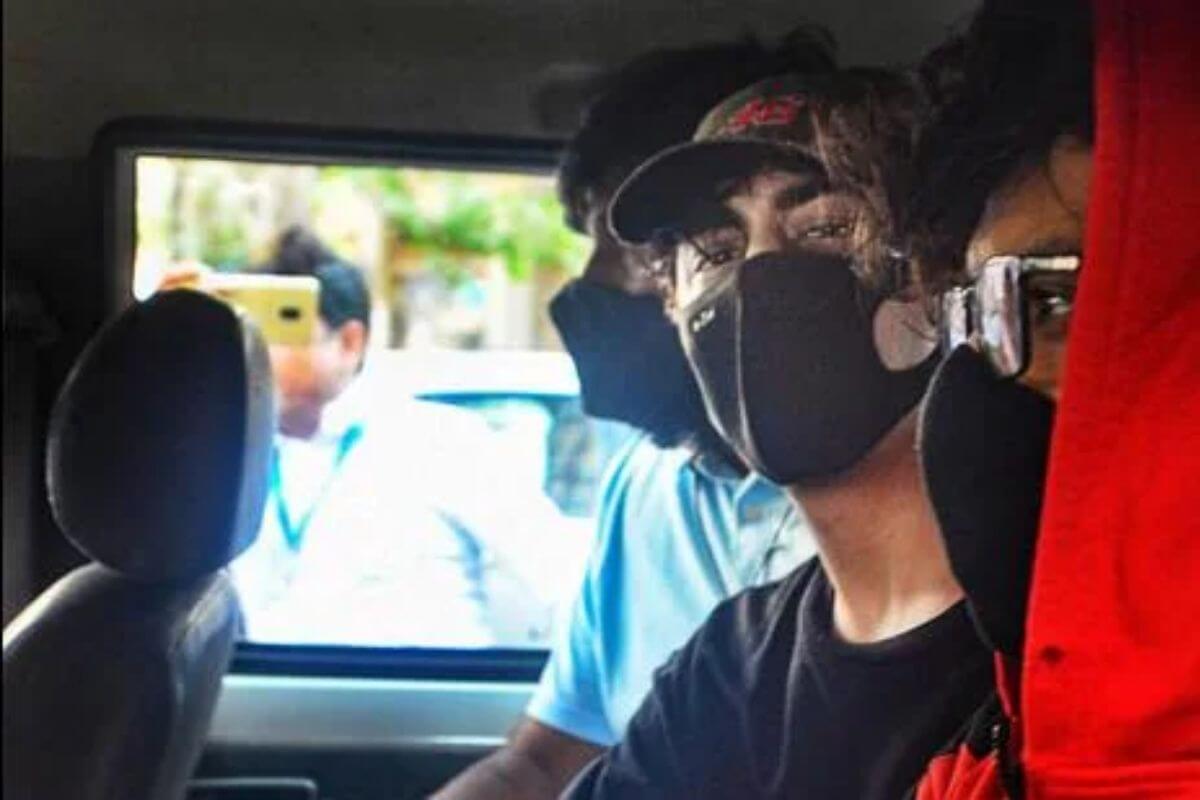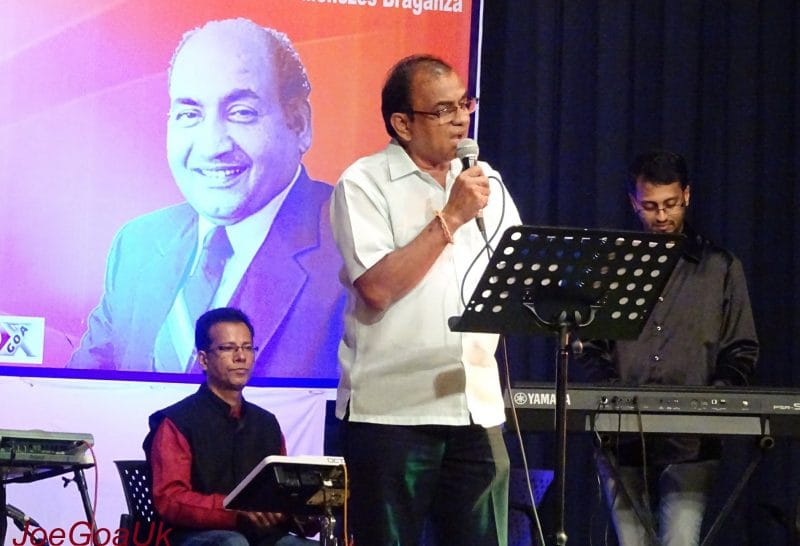The Home Ministry on March 04th issued a notification under Section 7B of the Citizenship Act 1955 pertaining to the rights of Overseas Citizens of India (OCI) cardholders, which superseded previously issued notifications in April 2005, January 2007, and January 2009. These new rules, made possible through an executive order, grant lifelong multiple entry visas but come with a baggage of conditions, some of which are directed towards certain communities and certain categories of employment, and appear motivated.
The Overseas Citizens of India or OCI card is issued to people of Indian origin globally which gives them almost all the privileges of an Indian national except for the right to vote, government service, and buying agricultural land. The OCI card gives them a visa-free journey to India.
OCI card holders hold a passport of a foreign country but have some connection with India by virtue of birth or parentage although they do not have Indian citizenship or Indian passports.
All persons who are citizens of other countries but who were citizens of India at the time of and after the commencement of the Constitution, or who were part of territories that became part of India in August 1947, or who were eligible to become citizens at the time of the Constitution, or who are children, grandchildren or great-grandchildren of a citizen, are considered eligible to apply under the OCI scheme. Even a minor child born of parents who were citizens of India or one parent who was an Indian citizen will be eligible for registration as an OCI cardholder.
The new rules issued by the government recently made a distinction between an OCI and an NRI. An OCI will have the same rights as that of a foreigner under the Foreign Exchange Management Rules 2018 of the Reserve Bank of India, but barring some occupations listed in the notification, will not be permitted to engage in activities in economic, educational and financial fields. Under the new rules, and unlike NRIs, OCIs have to cite reasons for undertaking work in certain areas in India.
The executive orders, which come into effect from the date of issuance, will make it mandatory for the OCI cardholders to obtain special permission or a special permit from a competent authority or the Foreigners Regional Registration Officer (FRRO) or the Indian Mission if they wish to undertake research,
“any Missionary, Tablighi, Mountaineering or Journalistic Activities, an internship in foreign Diplomatic Missions or Foreign Government or take up employment in any Foreign Diplomatic Missions in India and undertake to visit any place which falls within the Protected, Restricted or Prohibited areas as notified by the Central government”.
OCI cardholders will have parity with Indian nationals with respect to tariff in airfares in domestic routes and in entry fees charged at national parks, wildlife sanctuaries, national monuments, historical sites and museums. They will also have parity with NRIs with respect to inter-country adoption of children, eligibility to apply to all-India entrance tests against NRI seats but without the benefit of reservation.
They can purchase or sell immovable properties other than agricultural land, farmhouse or plantation property. They will also be entitled to pursue professions such as medicine, dentistry, nursing, pharmacology, law, architecture and chartered accountancy.
The idea of singling out OCIs who were missionaries and Tablighis seems to have been prompted by hitherto unspecified considerations which can only be speculated about. For that matter, if the government was not happy with certain kinds of subjects taken up for research or issues covered by way of journalistic activities, it could well deny the OCI the right to pursue those interests without citing any reasons.
The notification also does not mention which research activities can be undertaken and which ones are proscribed, leaving the scope for interpretation far and wide and in the hands of the executive.
Observers feel that the new rules could be a reaction to certain liberal judgments, given the recent propensity of courts to rule in favour of the rights of OCIs, including the right to propagate religion. For example, unlike missionaries or members of the Tablighi Jamaat, an OCI from the Hindu, Jain, Buddhist, or Parsi community, and with affiliation to specific sects or groups of those religious orders, will not need a special permit to undertake religious activities. The inclusion of certain religious denominations and the exclusion of others is an affirmation of the government’s bias.
Expressing deep disappointment with the new rules and the restrictions, Anand, who had moved to the UK after marriage and is now a British citizen said: “The original premise of the OCI was to give Indians the opportunity of dual citizenship. At least that is what I thought was the original charter. As an OCI now I cannot be part of any religious organization for travel purposes. That was not there before. What was the government thinking when it contemplated awarding dual citizenship? That was a BJP government [in 2003] too. Not having voting rights as an OCI is fine. But why would the government not want OCIs to buy agricultural land, not be part of the journalist community and not visit areas which are supposedly security risks as far as foreign nationals are concerned? Why reinforce these rules now?”.
Sanjay Hegde, the senior advocate at the Supreme Court of India, said that the original purpose of the OCI scheme was to tell people of Indian origin that even if they could not be citizens, they would be given as many rights as citizens as possible. He said: “The new rules change the emphasis from near-citizenship to be above par foreigners. Technically the government is right. The OCI card was all along with a long-term visa, but apart from long-term stay, it also gave a lot of privileges, or the attempt was to give a near-citizenship experience. These rules have basically been tightened to get over a few court rulings. It appears to be a knee-jerk reaction among the bureaucracy where one does not have to necessarily change parliamentary law but change regulations that can be done at the executive level. They have the rule-making power as long as the procedure is complied with and laid on the floor of Parliament and so on.


























